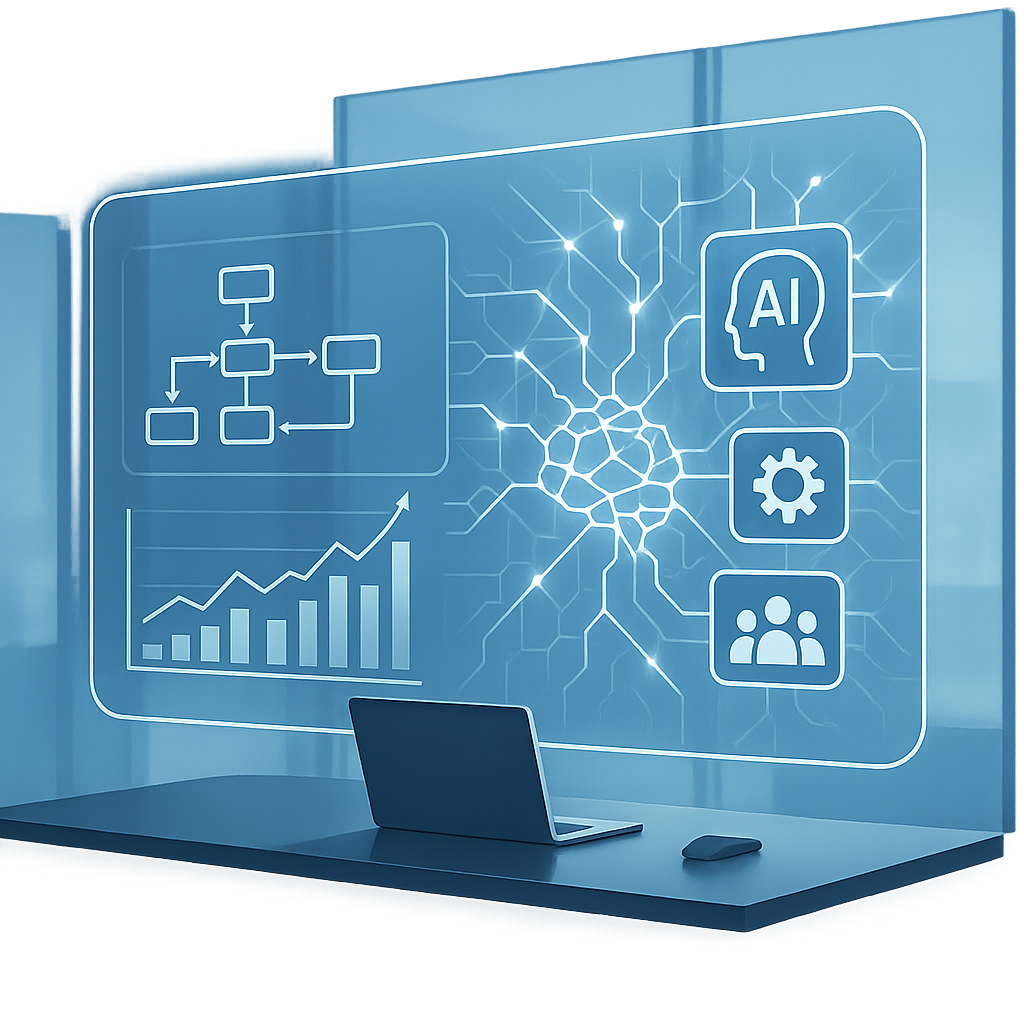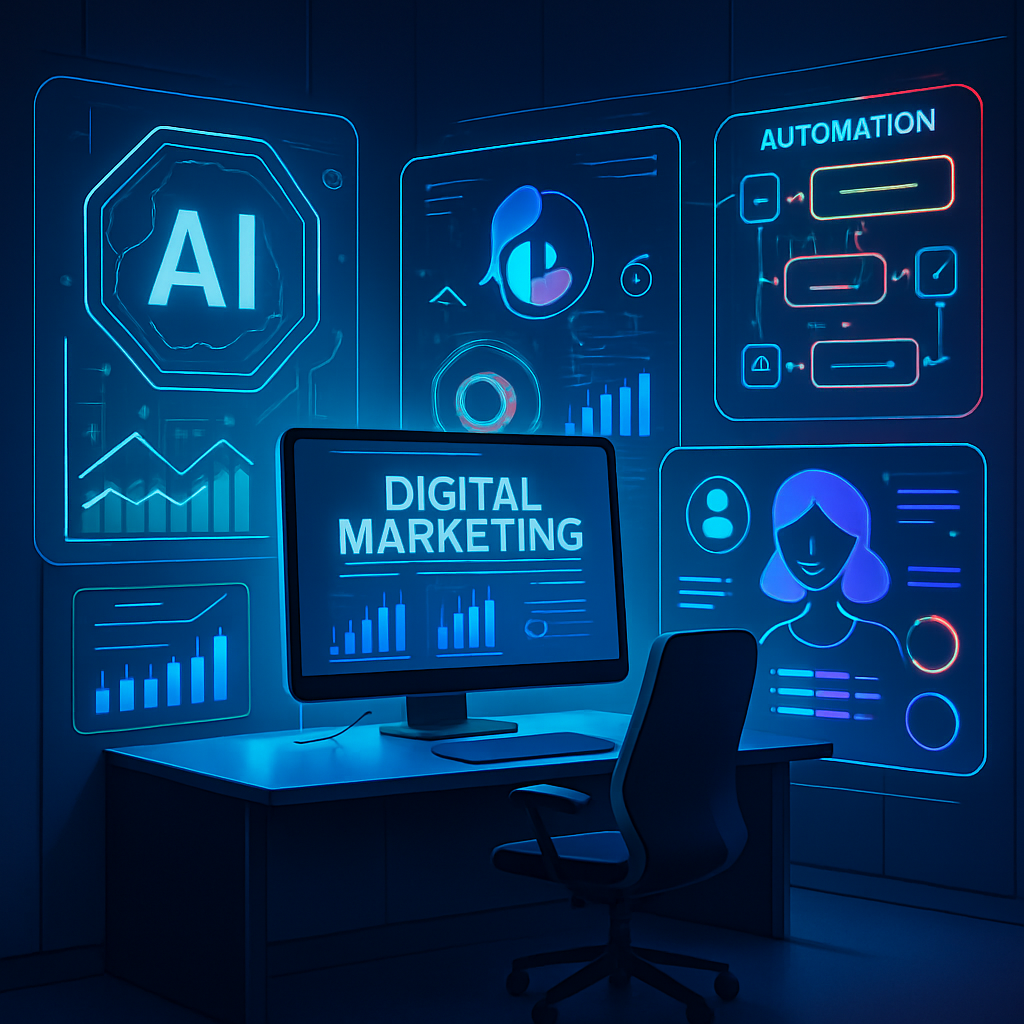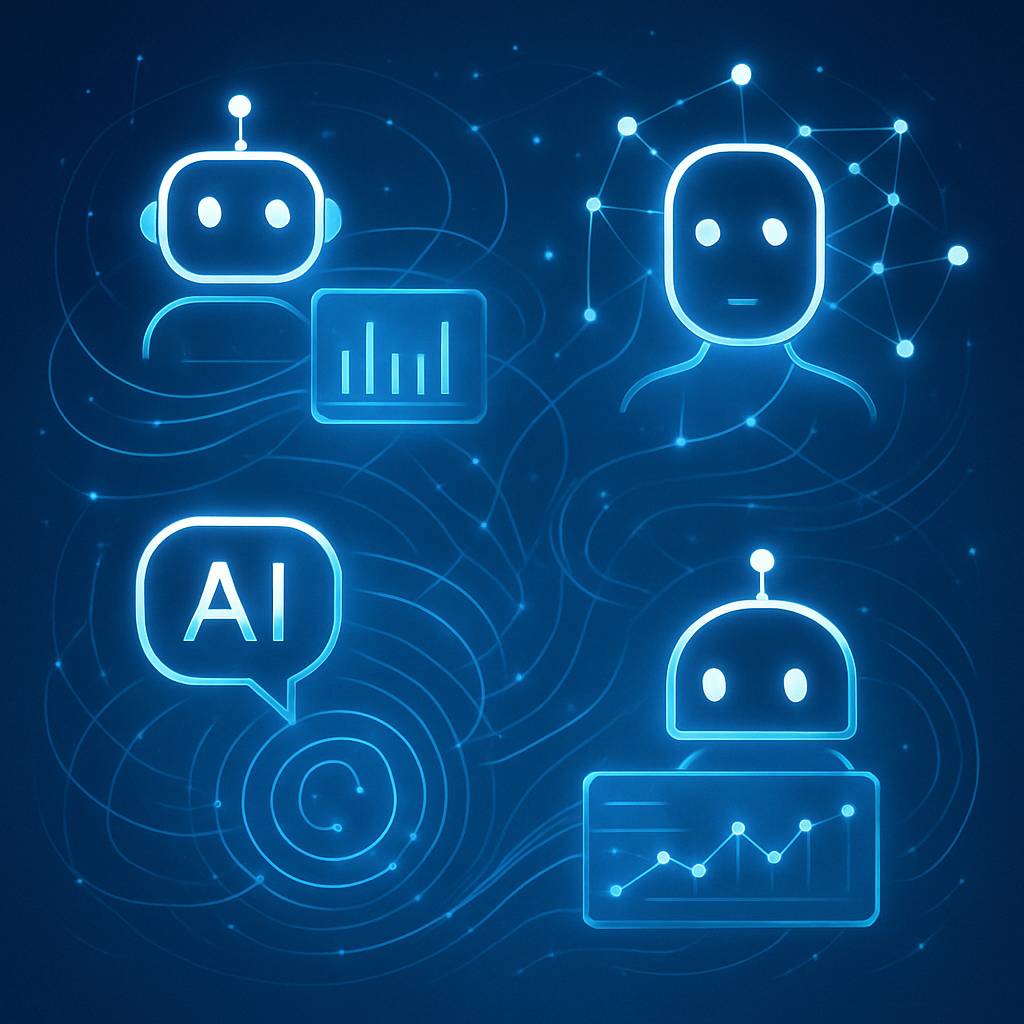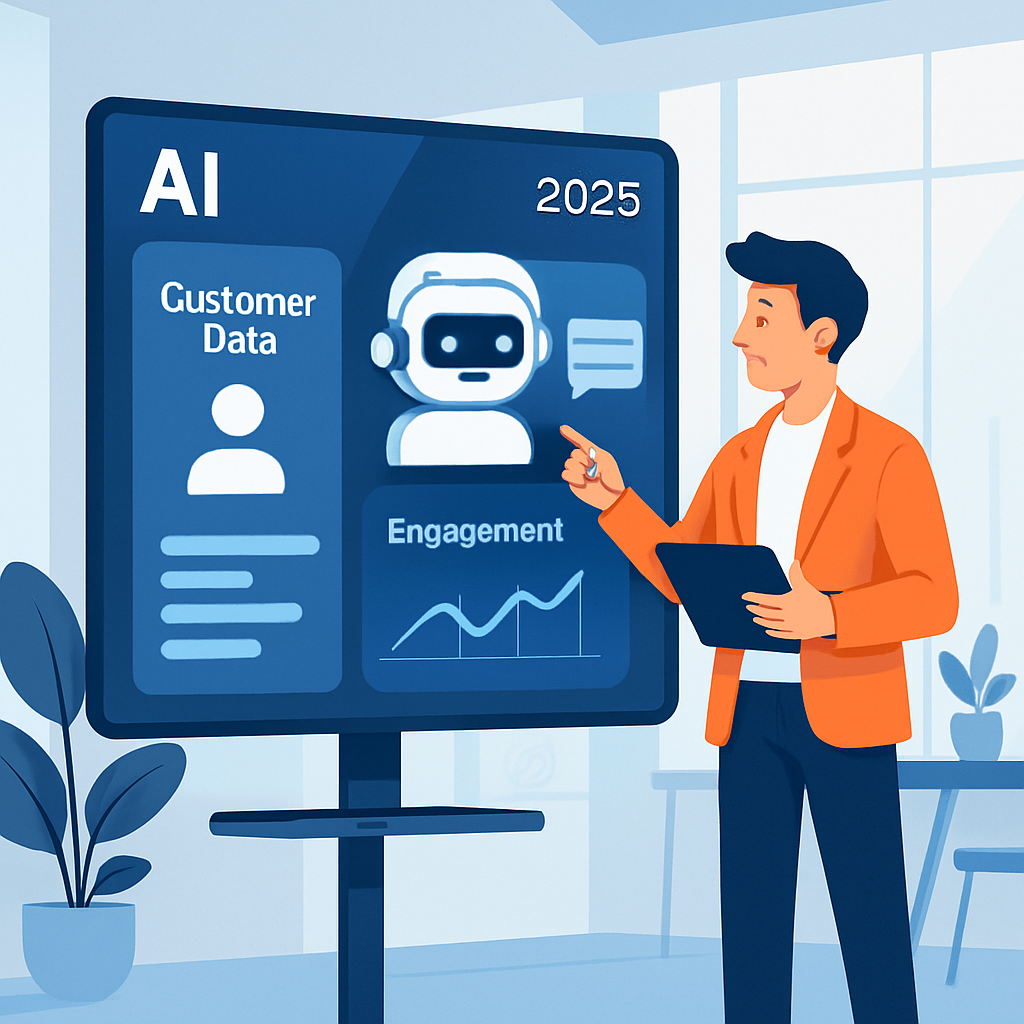
Custom AI Tools Revolutionizing Business Process Automation
Introduction to Artificial Intelligence for Business Process Automation
As we navigate through 2025, artificial intelligence (AI) continues to redefine the landscape of business operations. Among the forefront of this evolution is the surge in custom AI tools designed specifically for business process automation. These intelligent solutions are no longer confined to broad, off-the-shelf software; instead, companies increasingly embrace tailored AI applications to meet unique operational demands, optimize workflows, and unlock new efficiencies.
Understanding the Role of Custom AI Tools in Business
AI tools for business cover a vast array of technologies, from machine learning algorithms and natural language processing to robotic process automation (RPA). Custom AI tools differ by combining these capabilities uniquely to reflect an organization's operational nuances, data structures, and objectives. This bespoke approach ensures automation efforts align tightly with strategic goals, yielding greater ROI and competitive advantages.
Customization: Why It Matters
- Fit-for-purpose functionality: Unlike generic tools, custom AI addresses specific bottlenecks within a company’s workflow, such as invoice processing in finance or personalized content routing in customer support.
- Scalability: Tailored solutions grow with the business, adapting to evolving data volumes, user bases, and complexity without irrelevant feature bloat.
- Integration: Custom AI tools are designed to connect seamlessly with existing enterprise software stacks, reducing friction and improving data coherence.
Key Applications Transforming Operations with Intelligent Automation
Custom AI tools are revolutionizing various facets of business processes:
1. Intelligent Document Processing
Organizations managing vast paperwork—contracts, purchase orders, regulatory forms—deploy AI-powered document understanding tools customized to extract, validate, and classify information automatically. For instance, a multinational logistics firm tailored an AI system to parse shipment documents from multiple languages and formats, slashing manual entry errors by 70%.
2. Automated Customer Interaction Management
While chatbots are common, businesses now implement custom AI agents equipped with deep domain knowledge and context awareness. These agents handle multi-channel queries, escalate issues intelligently, and personalize interactions based on customer history—a hospitality company saw a 40% increase in on-time issue resolution after deploying a bespoke AI assistant.
3. Predictive Workflow Orchestration
Custom AI models analyze historical process logs to anticipate delays and recommend reallocation of resources. A manufacturing company implemented tailored AI that forecasts equipment maintenance needs and dynamically adjusts production scheduling, minimizing downtime and optimizing output.
Integrating Custom AI Tools: Strategic Considerations
Effective adoption of artificial intelligence for business process automation involves more than technology deployment:
A. Data Quality and Governance
High-quality, well-structured data is foundational. Custom AI initiatives often start with comprehensive audits to assess data integrity, followed by initiatives to establish robust data governance frameworks, ensuring consistent inputs to AI models.
B. Cross-Functional Collaboration
Tailored AI solutions require input from IT, operations, compliance, and end-users. Collaborative design sprints and iterative testing help prevent misalignments and foster user acceptance.
C. Continuous Learning and Improvement
Once deployed, custom AI tools benefit from feedback loops to retrain models and fine-tune algorithms, adapting to changing operational realities and newly surfaced edge cases.
Case Study: Custom AI Automating Procurement at a Global Retailer
A global retail conglomerate faced challenges with manually processing supplier invoices, leading to payment delays and errors. By developing a custom AI solution integrating optical character recognition (OCR) with machine learning classifiers trained on historical invoices, the company automated data extraction and validation. The system also interfaced with ERP software to trigger payments automatically after anomaly checks.
Results included a 50% reduction in processing time and improved supplier relationships due to timely payments. The tailored approach allowed the AI to recognize unique invoice formats from diverse regions, a feat off-the-shelf solutions could not replicate efficiently.
Emerging Trends Shaping Custom AI Tools in 2025
- Explainable AI: Businesses demand transparency from AI models, prompting developers to embed explainability features that clarify automated decisions.
- Edge AI Integration: With growing device interconnectivity, custom AI solutions increasingly leverage on-device processing to reduce latency and enhance privacy.
- AI-Augmented Human Workflows: Rather than full automation, hybrid models where AI enhances human expertise are gaining preference in complex decision environments.
Conclusion: Embracing Intelligent Automation with Custom AI Tools
The maturation of AI technologies by 2025 presents unprecedented opportunities for businesses to reimagine process automation. Custom AI tools stand out by offering tailored capabilities that address specific operational challenges and evolve with organizational needs. By thoughtfully integrating these intelligent solutions, companies can unlock new levels of efficiency, accuracy, and agility, positioning themselves to thrive amid rapid technological change.







